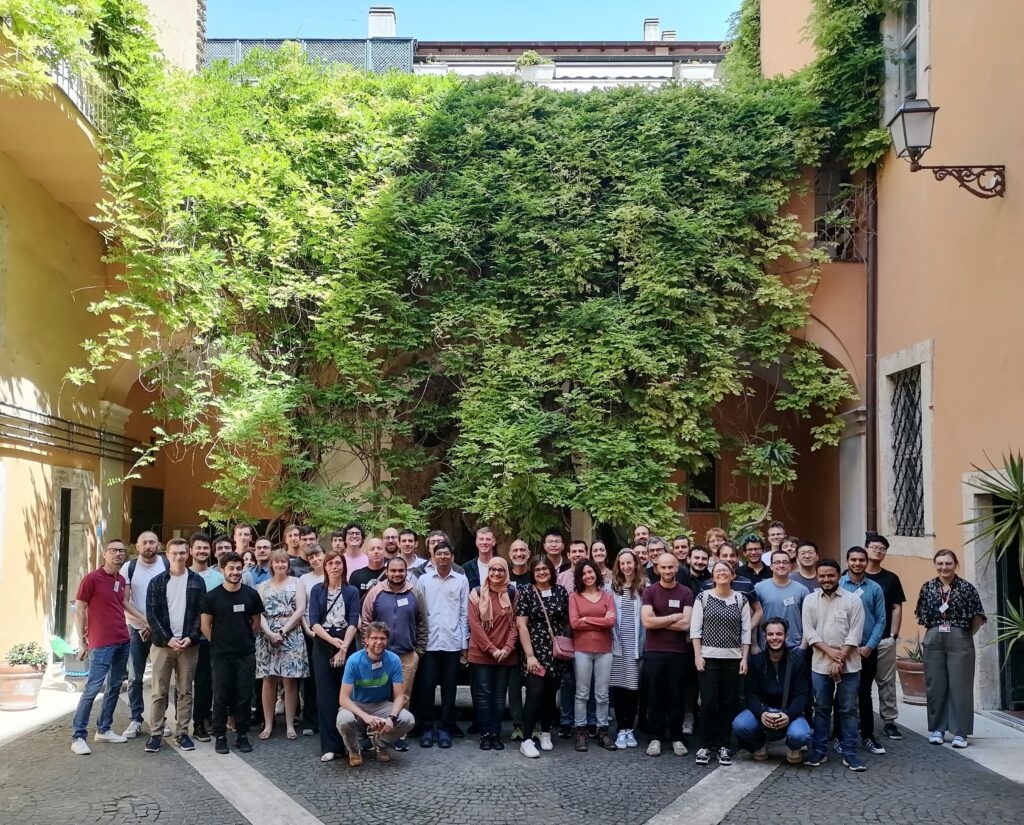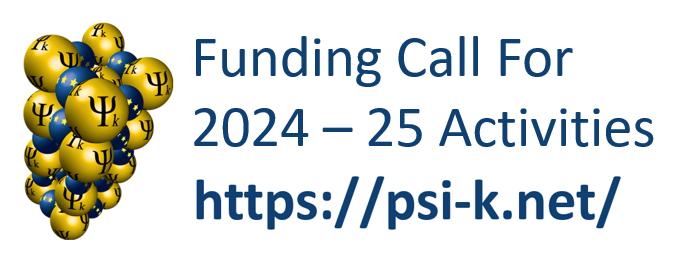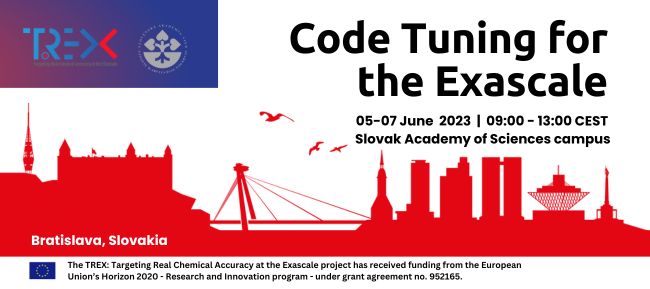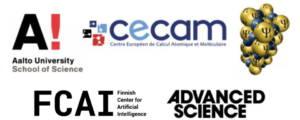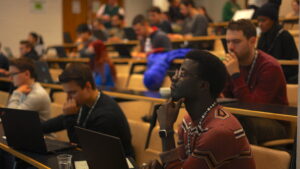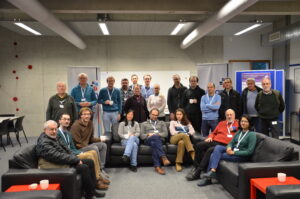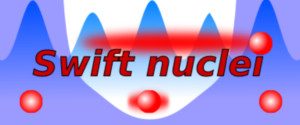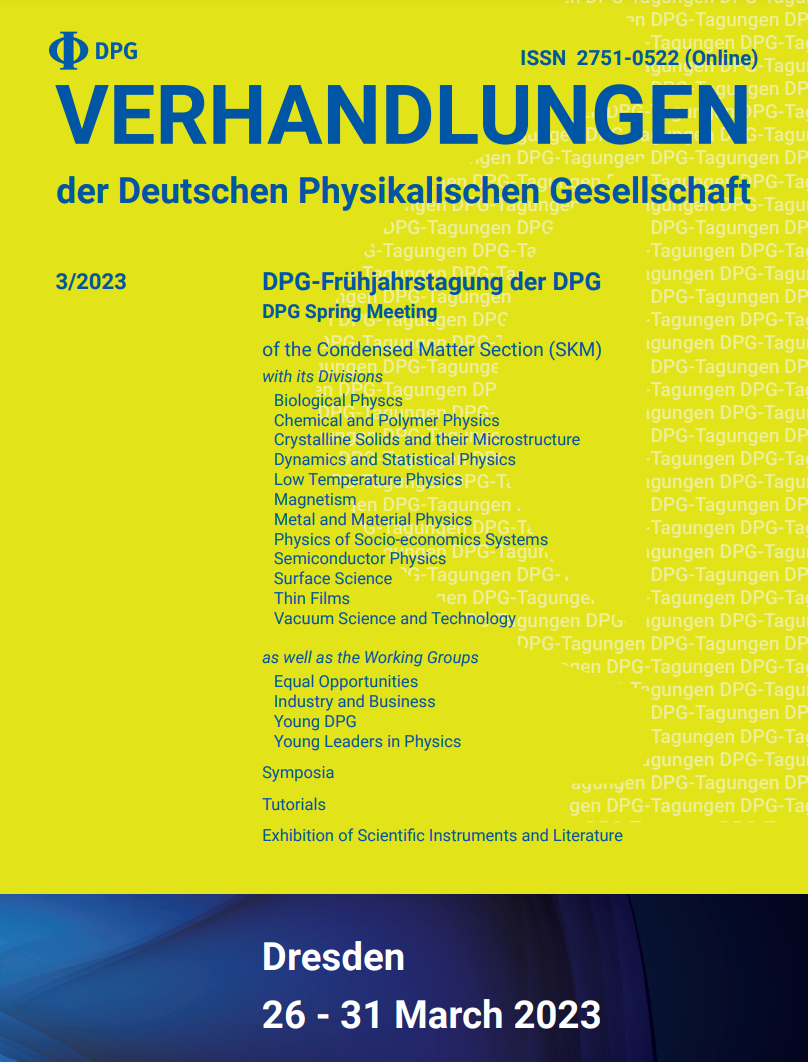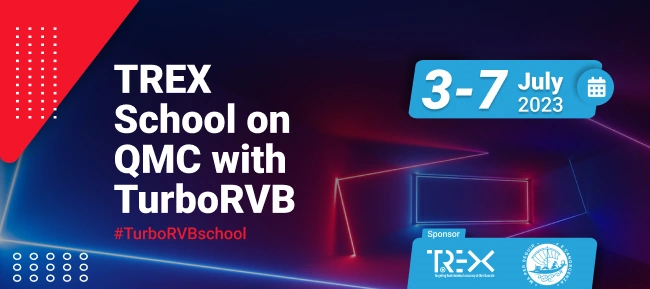Young Researcher’s Hybrid School on Theory and Simulation in Electrochemical Conversion Processes – 23-26/05/2023, Paris
State of the Art and Workshop Objectives
Electrochemical processes are the cornerstone of green chemistry and energy-conversion devices. The accurate modelling of electrocatalytic reactions in the presence of electric fields, in particular, is key to the study of reduction/oxidation processes involved in the synthesis of value-added chemicals, as well as to shedding light on the mechanisms underlying the origin of life (i.e., prebiotic chemistry). The theoretical treatment of electrochemical phenomena is characterised by a high level of complexity. Non-trivial chemistry and electrodynamics are intertwined to form intrinsically multiscale systems, with certain aspects that can be treated only at the atomistic level, while others must be treated as a continuum. From a methodological perspective, the simulation of a system’s dynamics at the atomic scale in the presence of applied potentials benefits from a number of advancements that have brought the modelling of electrode-reactants-electrolyte interactions from a fairly quantitative to a strikingly accurate predictive ability. On the one hand, grand-canonical density functional theory (GC-DFT) methods have been extensively used to simulate the quantum properties of electrochemical interfaces and, due to their ab-initio nature, have proven to be particularly suited for the simulation of electrochemical reactions and the rationalisation of absorption mechanisms. On the other hand, constant-potential molecular dynamics (MD) methods have been used to model complete electrochemical cells under an applied voltage, paving the way to the atomistic simulation of energy-storage devices. Recent advancements in classical density functional theories (c-DFT) make it possible to compute accurate solvation free-energies of electrochemical interfaces and gain new insights on the thermodynamic stability of electrochemical products and reactants. Finally, the modern theory of polarisation and its application to deal with finite electric fields or electric displacement fields have fostered recent advancements in the modelling of metal-electrolyte interactions, allowing for an explicit treatment of the electrolyte while maintaining a quantum-level description of the system. On this front, equivariant and long-range machine-learning methods hold great promise in overcoming the time and length scale limit associated with current ab-initio approaches and predicting the non-local electronic response of the electrochemical interface under applied fields. The event aims at bringing together a multidisciplinary array of leading experts and young researchers working on the theory and simulation of electrochemical conversion processes. Continue reading Young Researcher’s Hybrid School on Theory and Simulation in Electrochemical Conversion Processes Report

